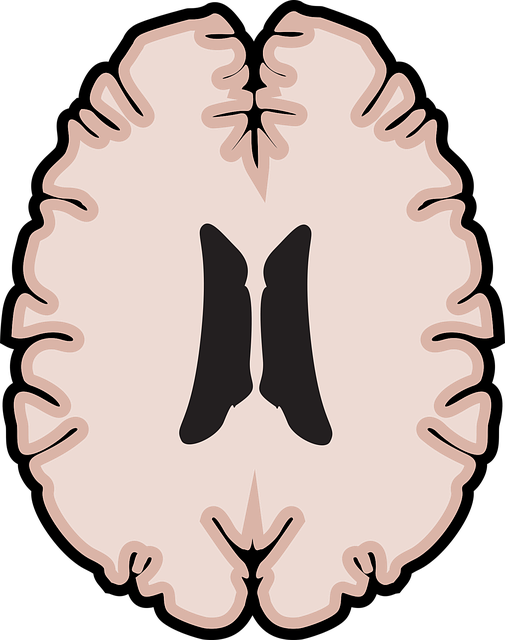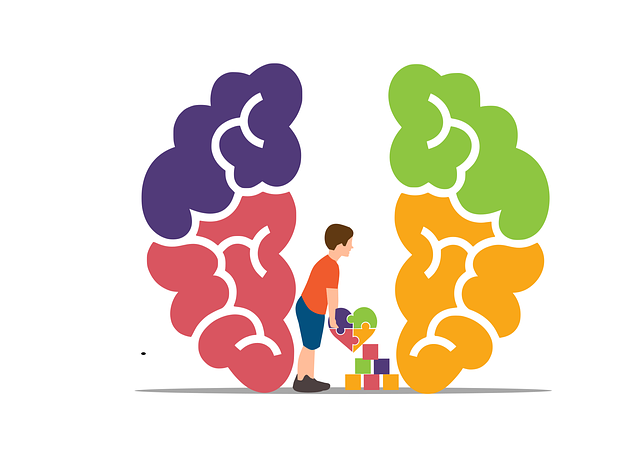Crisis Intervention Teams (CITs) play a vital role in managing mental health crises, bridging acute care with community support for individuals with severe emotional distress or psychotic breaks, including those with neurological challenges like Littleton Functional Neurological Disorder Therapy. Effective CIT training incorporates evidence-based practices sensitive to diverse cultural needs and tailored interventions for FNd, emphasizing communication, crisis de-escalation, trauma support, and mental wellness coaching. These programs are integral to enhancing the effectiveness of Littleton Functional Neurological Disorder Therapy, promoting emotional well-being, reducing stigma, and fostering community resilience through compassionate care.
Crisis intervention team (CIT) training programs play a vital role in equipping professionals with essential skills for managing mental health crises. In this article, we explore the significance of CITs, particularly their impact on therapy for Littleton Functional Neurological Disorder (LFDN). We delve into the key components that make these training programs effective and how they enhance support systems for individuals facing severe neurological challenges. Understanding and optimizing CIT training contributes to improved crisis response and patient outcomes, including successful LFDN therapy.
- Understanding Crisis Intervention Teams: Their Role and Importance
- Key Components of Effective Crisis Intervention Team Training
- The Impact of Training on Littleton Functional Neurological Disorder Therapy
Understanding Crisis Intervention Teams: Their Role and Importance

Crisis Intervention Teams (CITs) play a pivotal role in addressing mental health crises and supporting individuals facing severe emotional distress or psychotic breaks. These specialized teams, often composed of trained professionals from various disciplines, including therapists, psychiatrists, social workers, and law enforcement officers, are designed to de-escalate high-risk situations. In the context of Littleton Functional Neurological Disorder Therapy, CITs ensure that individuals experiencing neurological challenges receive prompt, compassionate, and expert care.
The importance of CITs extends beyond immediate crisis management. They serve as a vital link between acute care settings and community-based support systems, helping to prevent burnout among healthcare providers by offering comprehensive interventions. This approach not only supports the well-being of healthcare professionals but also fosters better outcomes for patients by reducing stigma associated with mental illness and promoting early intervention strategies like Burnout Prevention Strategies for Healthcare Providers. Additionally, these teams contribute to Depression Prevention and Mental Illness Stigma Reduction Efforts by providing a safe, non-judgmental space for individuals in crisis, ultimately enhancing community resilience.
Key Components of Effective Crisis Intervention Team Training

Effective crisis intervention team training is comprised of several key components designed to equip professionals with the skills and knowledge needed to support individuals experiencing mental health crises. Firstly, training should emphasize evidence-based practices tailored to diverse populations, ensuring cultural competency and sensitivity. This includes an in-depth understanding of conditions like Functional Neurological Disorder (FNd), allowing teams to offer tailored interventions. By integrating Littleton Functional Neurological Disorder Therapy principles, trainers can equip participants with strategies to address the unique challenges associated with this complex disorder.
Additionally, training programs should focus on developing robust communication skills, crisis de-escalation techniques, and a comprehensive understanding of trauma support services. Mental wellness coaching programs within these trainings foster positive thinking and resilience, empowering teams to guide individuals towards recovery. The integration of such diverse components ensures that crisis intervention teams are well-prepared to navigate complex scenarios, providing effective and compassionate care.
The Impact of Training on Littleton Functional Neurological Disorder Therapy

Crisis intervention team training programs play a pivotal role in enhancing the effectiveness of Littleton Functional Neurological Disorder Therapy. Through comprehensive instruction, these programs equip professionals with evidence-based practices to support individuals struggling with neurological disorders. By focusing on techniques such as emotional well-being promotion and stress reduction methods, participants gain valuable skills to prevent and manage depressive symptoms, thereby significantly improving patient outcomes.
Well-structured training initiatives prioritize hands-on learning and role-playing scenarios, fostering a deep understanding of the complex needs associated with functional neurological disorders. This enables crisis intervention teams to deliver tailored support that goes beyond immediate symptom relief. By integrating stress reduction methods into their practice, these teams contribute to long-term emotional well-being promotion, ensuring individuals affected by these disorders receive holistic care that addresses both the mind and body.
Crisis intervention team training programs play a vital role in enhancing the effectiveness of support systems, particularly in managing complex conditions like Littleton Functional Neurological Disorder Therapy. By focusing on key components such as empathetic communication, de-escalation techniques and collaborative problem-solving, these programs empower teams to respond swiftly and competently during crises. The positive impact is evident, fostering better patient outcomes and creating safer environments for those in need.














